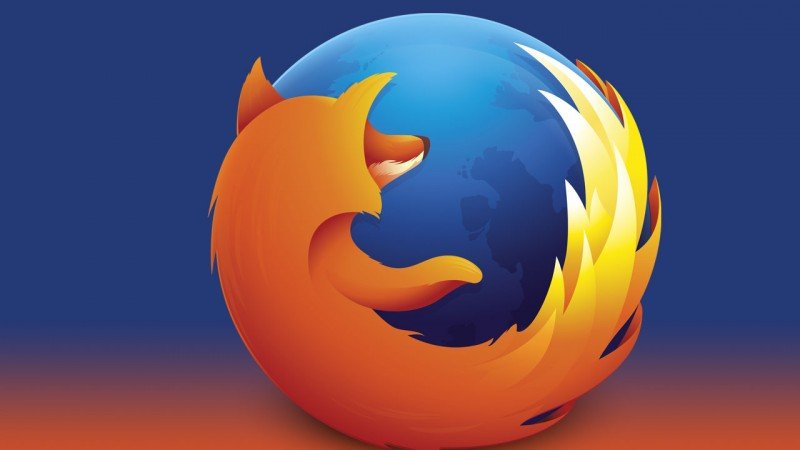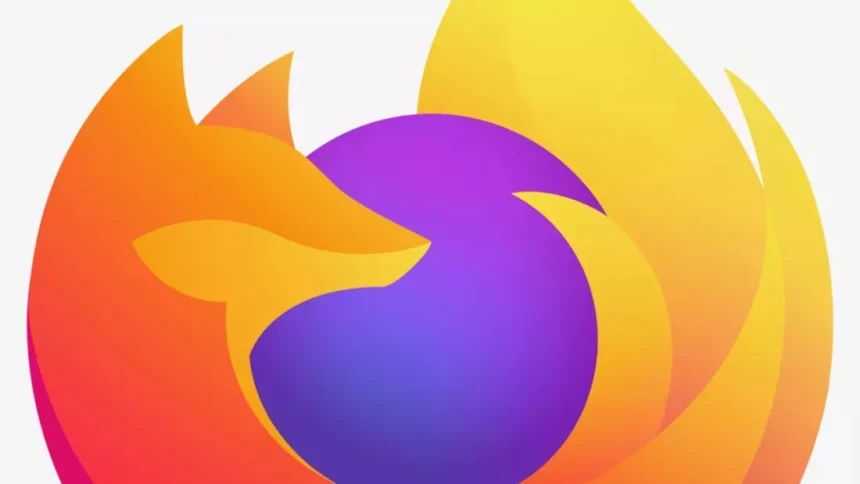Firefox 127, the latest update to the popular web browser, has sparked debate among privacy-conscious users. While Mozilla boasts new security features, the Firefox Privacy Policy changes appear to contradict Firefox’s commitment to user privacy.
Privacy Concerns of Firefox Privacy Policy Changes:
Privacy Concerns:
- Combined Normal & Private Windows Disappear: A hidden change in Firefox 127 removes the ability to combine normal and private browsing windows in the taskbar. This functionality, previously achieved through a workaround, is no longer accessible. However, due to user backlash, Mozilla plans to bring back an opt-in setting for this feature.
- iOS Private Browsing Inconvenience: On Apple devices, users report that closing the main Firefox window also closes all tabs in private browsing mode. Additionally, the option to automatically open in private mode seems to be missing.


Privacy Improvements in Firefox 127:
- Enhanced Security: Firefox 127 tackles various security vulnerabilities, including potential phishing attacks and memory safety bugs.
- HTTPS Everywhere: The browser now automatically upgrades audio, video, and image content to HTTPS, ensuring all elements load securely over encrypted connections.
- Fingerprint Protection: For 32-bit x86 Linux users, Firefox 127 masks the CPU architecture in the User-Agent string, making it harder for advertisers to track users across websites (a technique called fingerprinting).
- Password Manager Security Boost: Device sign-in (fingerprint, face ID, etc.) can now be required to access and fill stored passwords, adding an extra layer of protection.
Mozilla acknowledges user concerns and promises to prioritize user-friendly privacy settings in future updates. Streamlined menus and a focus on essential user actions aim to make privacy controls more intuitive.
Should I Upgrade to Firefox 127?
While Firefox 127 offers security improvements, privacy-conscious users might want to hold off until the return of the combined window functionality and a clearer picture of the iOS private browsing situation.


